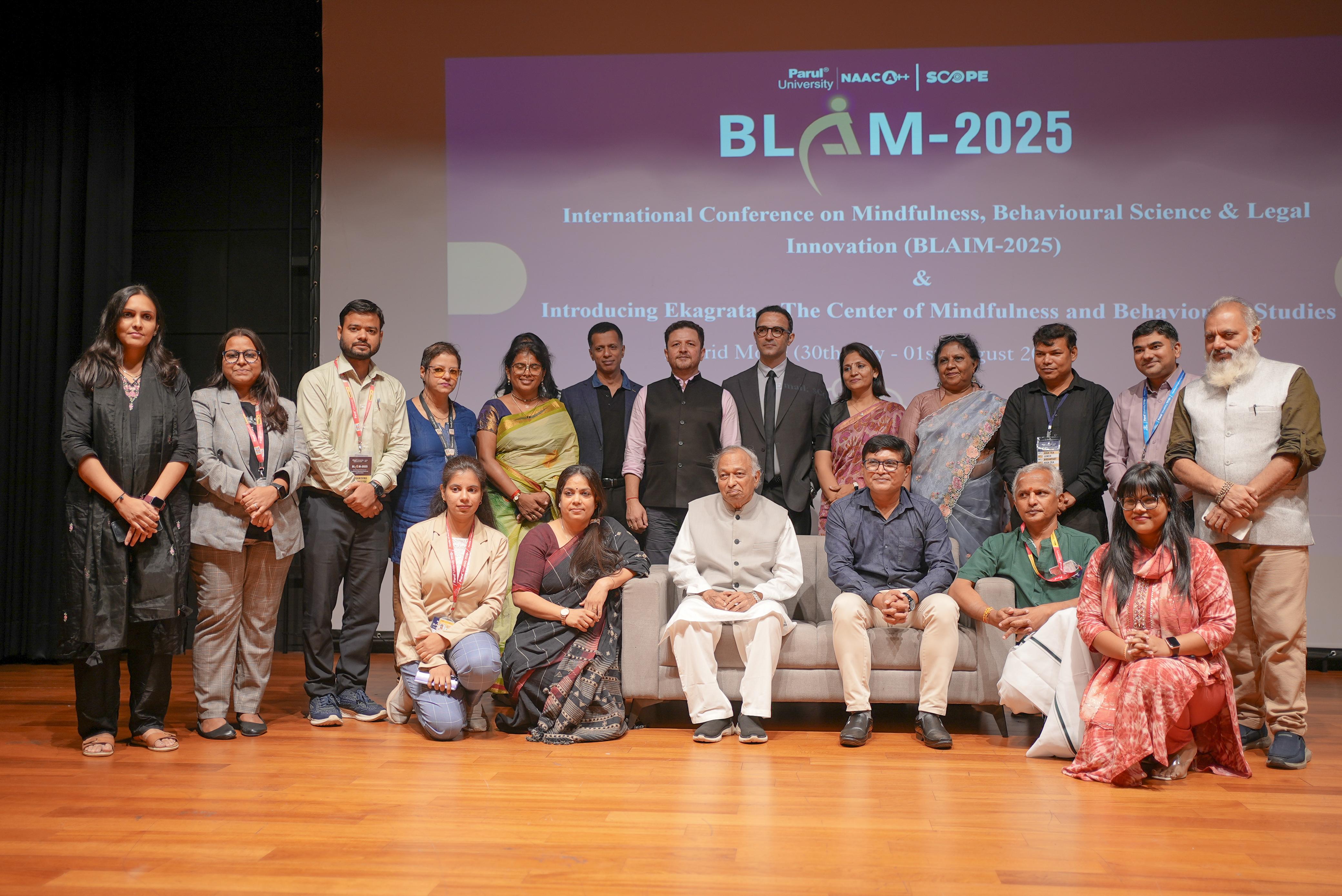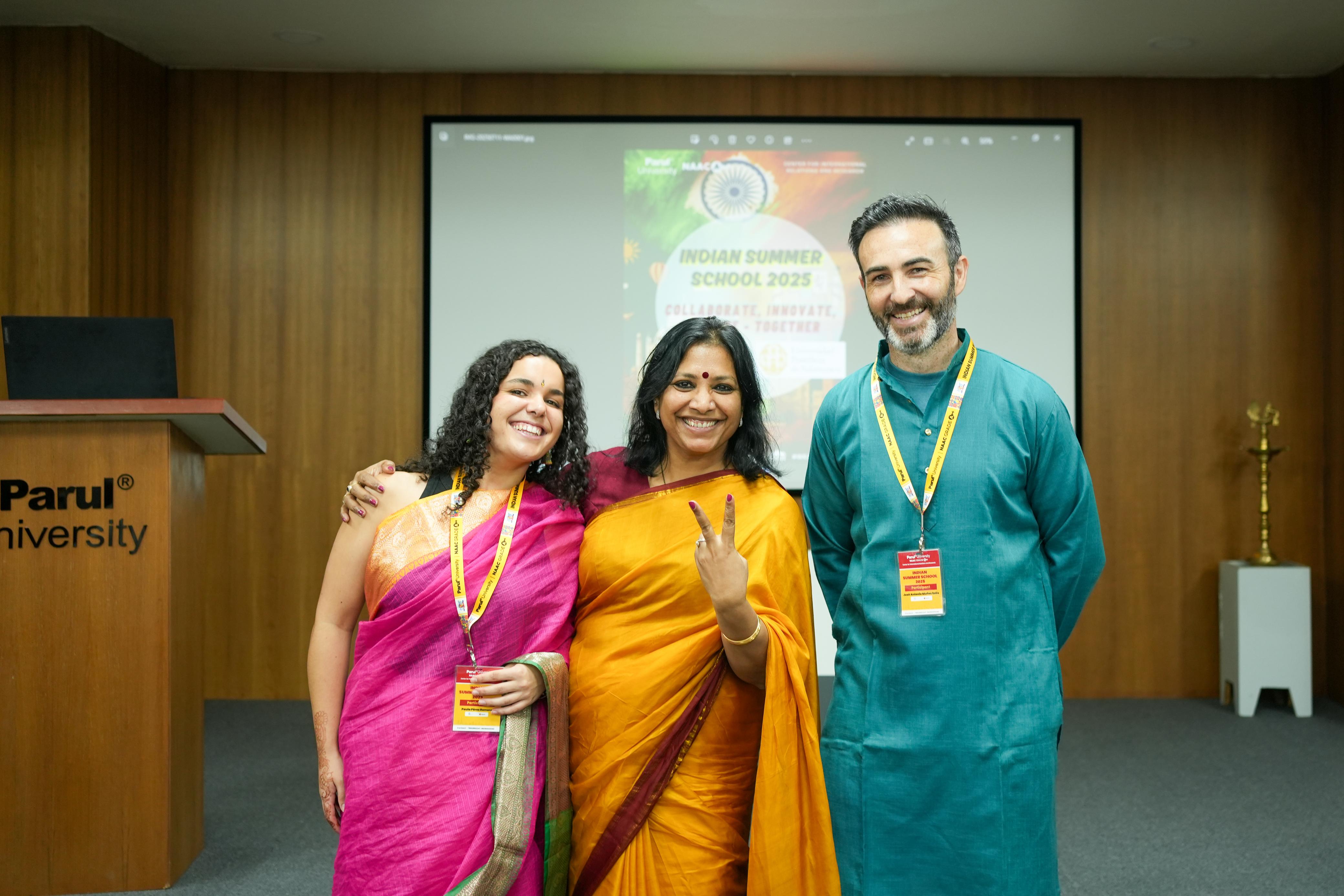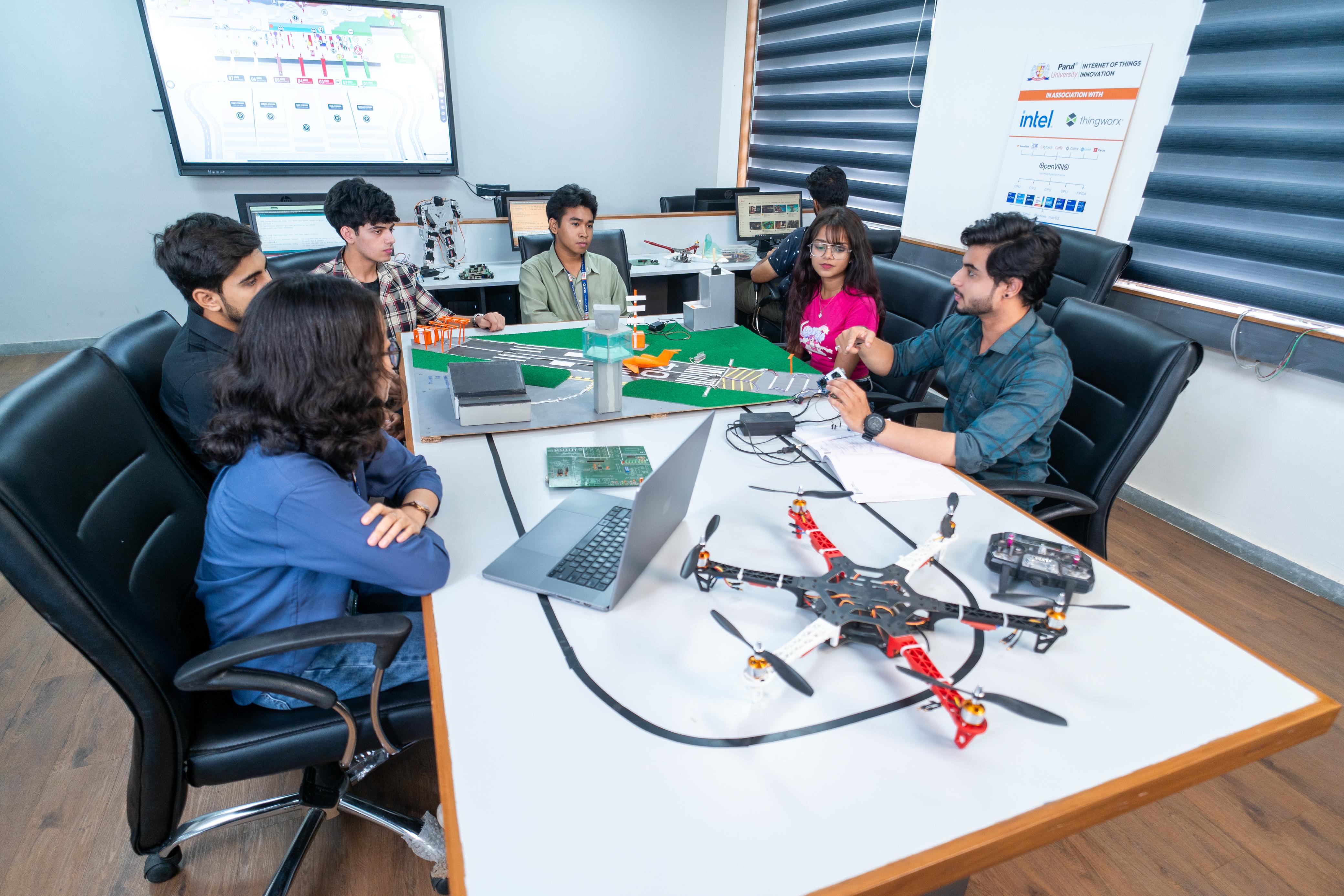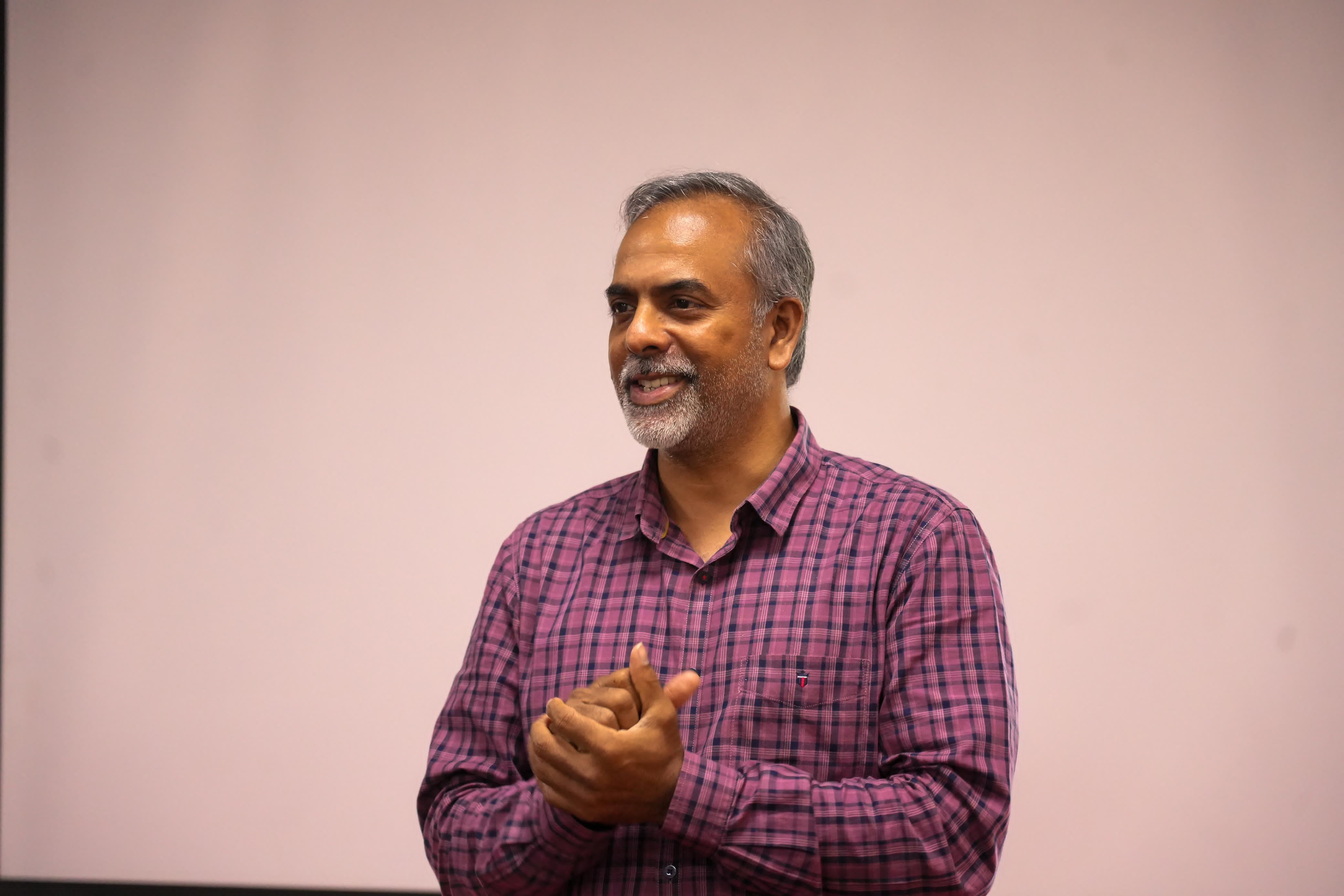As the National Education Policy 2020 completes its five-year journey since inception, we find ourselves reflecting on the policies laid out in this framework. Introduced with the vision of encouraging learners with flexible learning choices and a step towards shaping education, NEP 2020 has altered India's educational trajectory.
“Learning gives creativity, creativity leads to thinking, thinking provides knowledge, knowledge makes you great."
- Swami Vivekananda
The National Education Policy 2020 is the most detailed touch on education reforms in India. It is essential to understand the potential implications of this policy in the higher education sector in India and its impact on the academic lives of millions of students and academics.
Following the Union Cabinet's approval of this policy in July 2020, it outlines a comprehensive overhaul of the Indian education system at both the basic and higher education levels.
The vision of the policy: to make India a vibrant knowledge society and a global knowledge superpower by ensuring that school, as well as college education, is more holistic, flexible, and multidisciplinary, and attuned to the needs of today.
The past is the 10+2 system. NEP 2020 will also have a new 5+3+3+4 pattern, which will focus on the stages of cognitive development of a child:
-
Foundational (5 years): This stage, encompassing ages 3-8, includes 3 years of preschool (Anganwadi/ pre-school) and the first two years of primary school (Classes 1 and 2). It focuses on play-based, activity-based, and experiential learning.
-
Preparatory (3 years): This stage, spanning ages 8-11, covers Classes 3 to 5. It introduces more formal subjects like sciences, mathematics, arts, social sciences, and humanities with a focus on experiential learning.
-
Middle (3 years): This stage, for ages 11-14 (Classes 6 to 8), adopts a subject-oriented pedagogical and curricular style.
-
Secondary (4 years): This final stage, for ages 14-18 (Classes 9 to 12), is further divided into two phases. It emphasises critical thinking, greater flexibility, student choice of subjects, and the option to exit at Grade 10 and re-enter at Grade 11.
This shift ensures students learn how to learn.
NEP 2020 is built on five foundational pillars that guide all its recommendations:
-
Access ensures that all students have opportunities to pursue quality higher education regardless of their background. The policy aims to increase the Gross Enrollment Ratio in higher education from 26.3% to 50% by 2035.
-
Equity focuses on reducing disparities in educational opportunities across different socio-economic groups, regions, and communities. Special emphasis is placed on supporting disadvantaged communities and ensuring inclusive education.
-
Quality emphasises excellence in teaching, learning, and research. The policy promotes evidence-based decision-making, continuous improvement, and global standards in educational delivery.
-
Affordability aims to make higher education financially accessible to all students through various support mechanisms, scholarships, and cost-effective delivery models.
-
Accountability ensures that educational institutions and stakeholders are responsible for achieving stated goals and maintaining high standards through transparent governance and regular evaluation.
Breaking the inflexible walls of the academic silos, the policy emphasises the significant pillars of the Indian higher education. Going beyond designing flexible learning pathways that reflect the interdisciplinary nature of most modern professional careers, to providing quality education to all students, these pillars aim to impact learning, skills, and opportunity thinking.
Multidisciplinary & Holistic Education
Flexibility is one of the major promises of NEP. Now, students will be able to choose such options as Physics and Music, or Political Science and Data Science. The boundaries among disciplines are increasingly being dissolved on purpose to pursue more knowledge, innovation, and applicability to practical issues.
Emphasis on Skills & Employability
NEP 2020 is recognising the casual nature of work. The priority is now moving to non-rote learning to skills-centred learning, even as young as early years learning, integrating digital literacy, communication skills, critical thinking skills, and even vocational education. Internships, community service, and practical projects are no longer value adds--they are part and parcel now.
Technology in Education
The educational system is now dominated by digital infrastructure, online study platforms, as well as AI-based teaching. NEP encourages forming National Educational Technology Forums (NETF) and wants equal accessibility to technology in India.
Inclusive & Equitable Access
Be it gender inclusion, regional equity, NEP 2020 is solemn about “Education to All”. The policy advocates learning of the local languages, aid for underprivileged groups, and inclusive educational systems.
So, What Comes Next?
It is not policies that change systems, but people. The success of NEP 2020 is only as strong as its execution. Transforming the learning environment, developing the faculty, or providing a more inclusive experience to the students, we are ever-changing to keep up with the spirit of the NEP.
Stay tuned to learn more information about NEP 2020 and how it will influence higher education at Parul University.
#NationalEducationPolicy #HigherEducation #EducationReform #SkillDevelopment #InclusiveEducation

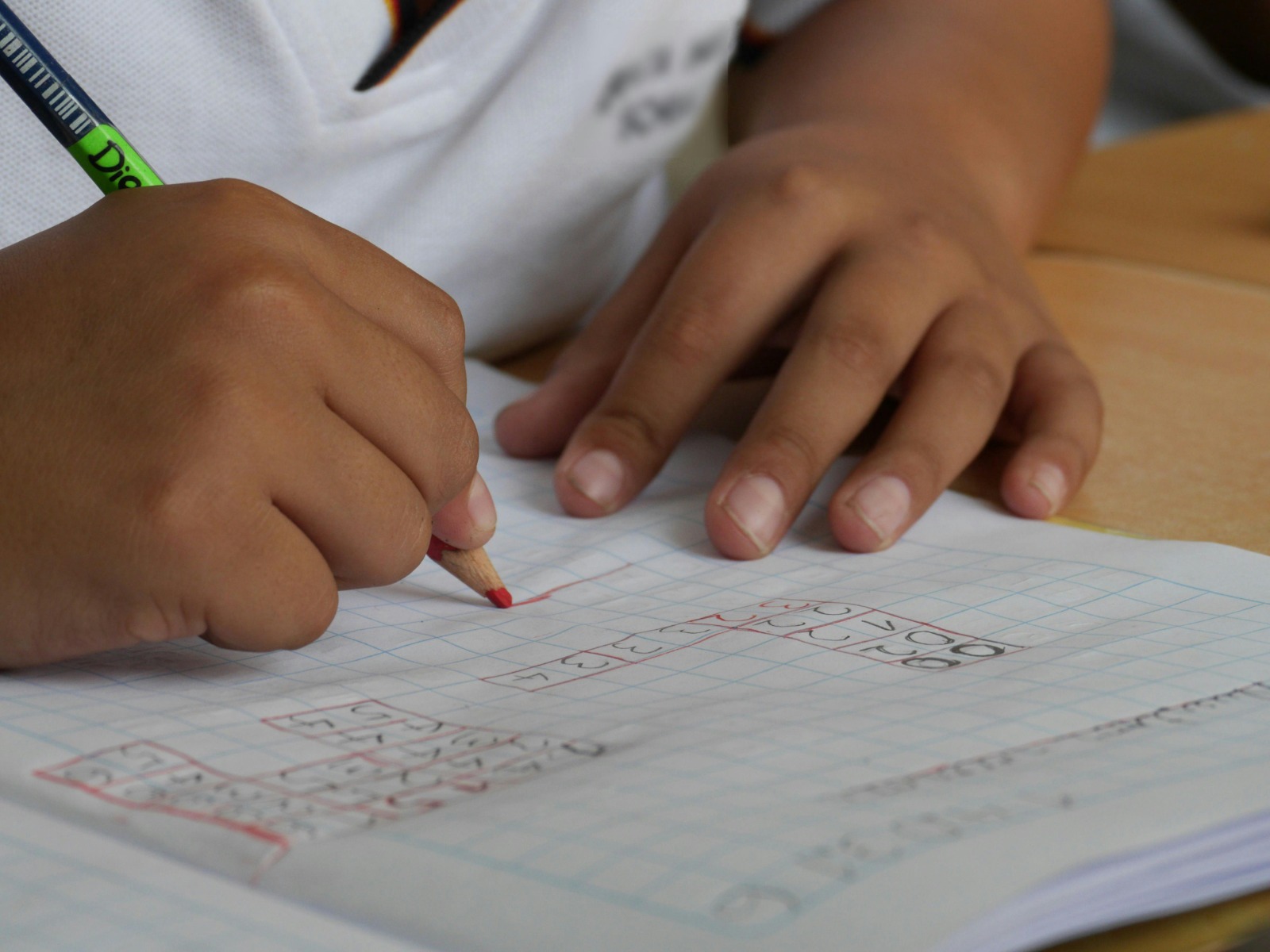
.jpg)
